Technical Details of Solid-State Lithium Battery for Unmanned Aerial Vehicle
Unmanned aerial vehicles and unmanned vehicles, as emerging intelligent vehicles, play an important role in military, aerospace, logistics and other fields. As a new type of battery technology, solid-state lithium battery technology has the advantages of high energy density, high safety, long cycle life and so on, and has attracted much attention in the application of unmanned aerial vehicles and unmanned vehicles. This article will analyze the solid-state lithium battery technology in detail and discuss its application and advantages in the field of unmanned aerial vehicles and unmanned vehicles.
1. Technical principle of solid state lithium battery
solid lithium battery uses solid electrolyte instead of traditional liquid electrolyte, which makes the battery safer and more stable. Solid Electrolyte has high ion conductivity and excellent thermal stability, which effectively improves the safety of the battery. In addition, the solid-state lithium battery adopts high energy density positive and negative electrode materials such as lithium titanate, which can improve the energy density and cycle life of the battery.
2. Advantages of UAV unmanned vehicle solid-state lithium battery
- high energy density: The solid-state lithium battery has higher energy density and can provide longer endurance, which is suitable for scenarios where unmanned aerial vehicles and unmanned vehicles need to fly or drive for a long time.
- Safe and stable: solid electrolyte reduces the risk of internal combustion and explosion of the battery, improves the safety of the battery, and is suitable for high-risk environments of unmanned aerial vehicles and unmanned vehicles.
- Long cycle life: solid-state lithium battery has a long cycle life, which can reduce the frequency of battery replacement, reduce the maintenance cost and improve the use efficiency.
3. Application scenarios
solid-state lithium battery technology is applicable to various application scenarios of unmanned aerial vehicles and unmanned vehicles, including but not limited to military reconnaissance, aerial photography, logistics and distribution, etc. Its high energy density and safety and stability make it an ideal power source for unmanned aerial vehicles and unmanned vehicles.
4. Technical challenges and development trends
solid state lithium battery although technology has many advantages, there are still challenges in terms of production cost and manufacturing process. In the future, with the continuous progress and maturity of technology, solid-state lithium battery technology will gradually popularize and apply to more unmanned aerial vehicles and unmanned vehicles.
As a new type of battery technology, solid-state lithium battery technology provides safer, more stable and more efficient battery solutions for unmanned aerial vehicles and unmanned vehicles. Its advantages lie in high energy density, safety and stability, long cycle life and other aspects, which are suitable for application scenarios of various unmanned aerial vehicles and unmanned vehicles.
 Dongguan Juneng New Energy Technology Co., Ltd.
Dongguan Juneng New Energy Technology Co., Ltd.
 137 5142 6524(Miss Gao)
137 5142 6524(Miss Gao)
 susiegao@power-ing.com
susiegao@power-ing.com
 Xinghuiyuan High tech Industrial Park, Dalang Town, Dongguan City, Guangdong Province
Xinghuiyuan High tech Industrial Park, Dalang Town, Dongguan City, Guangdong Province


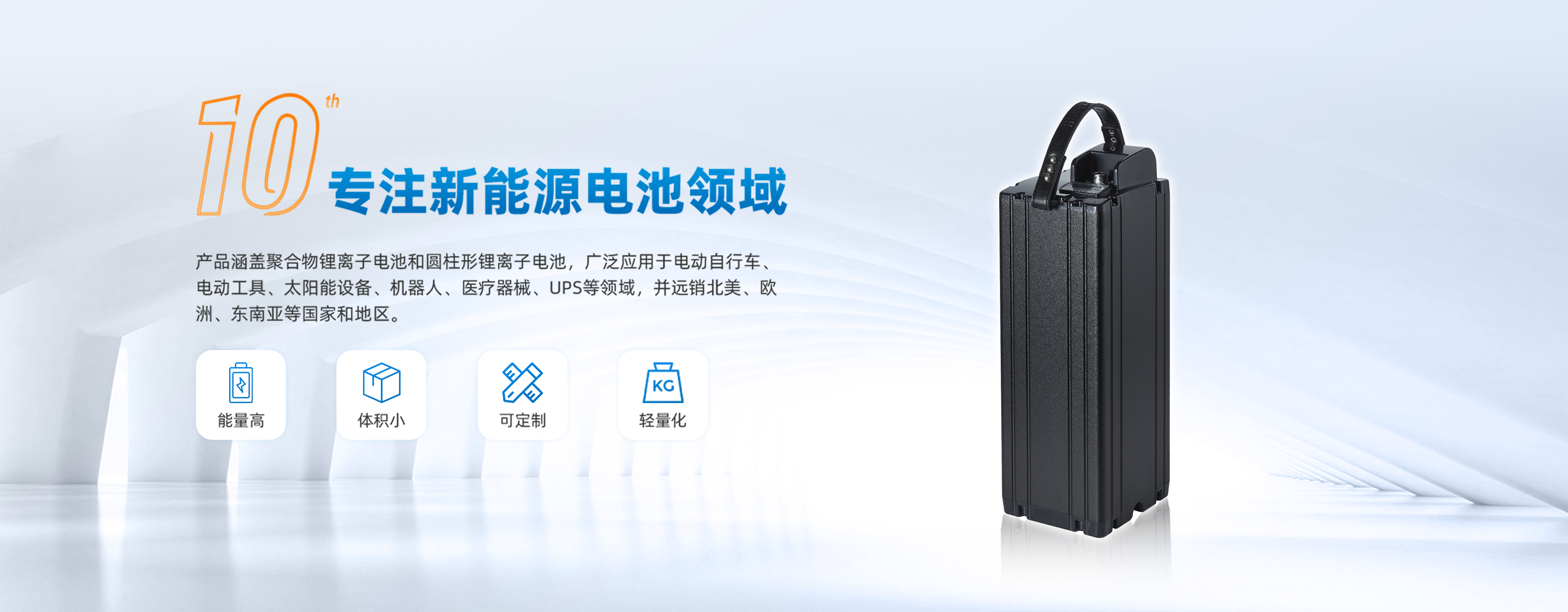
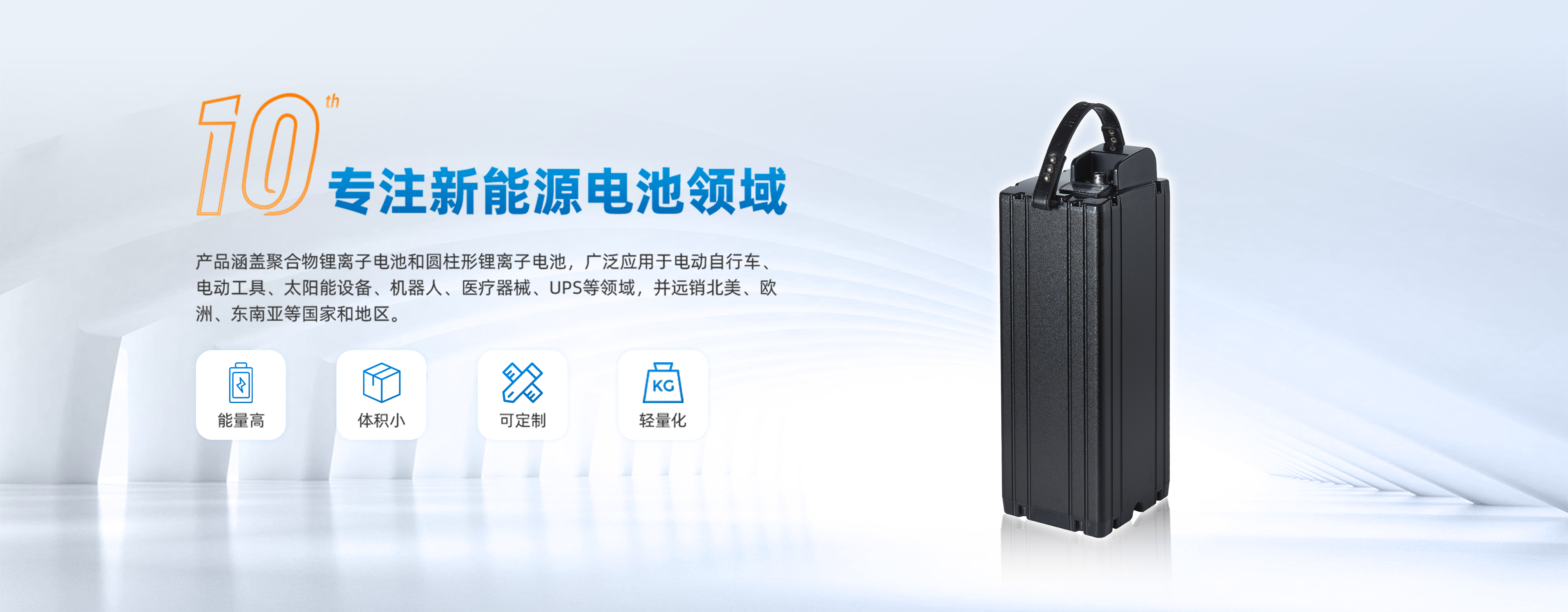
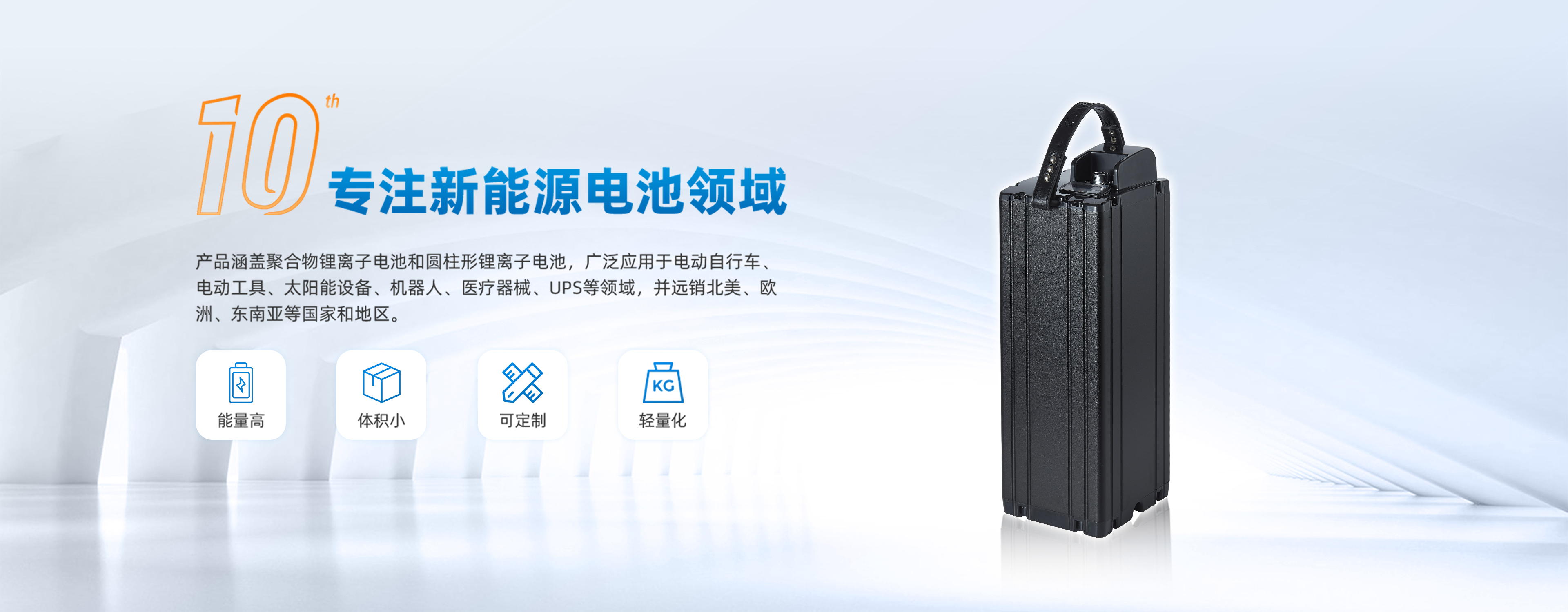



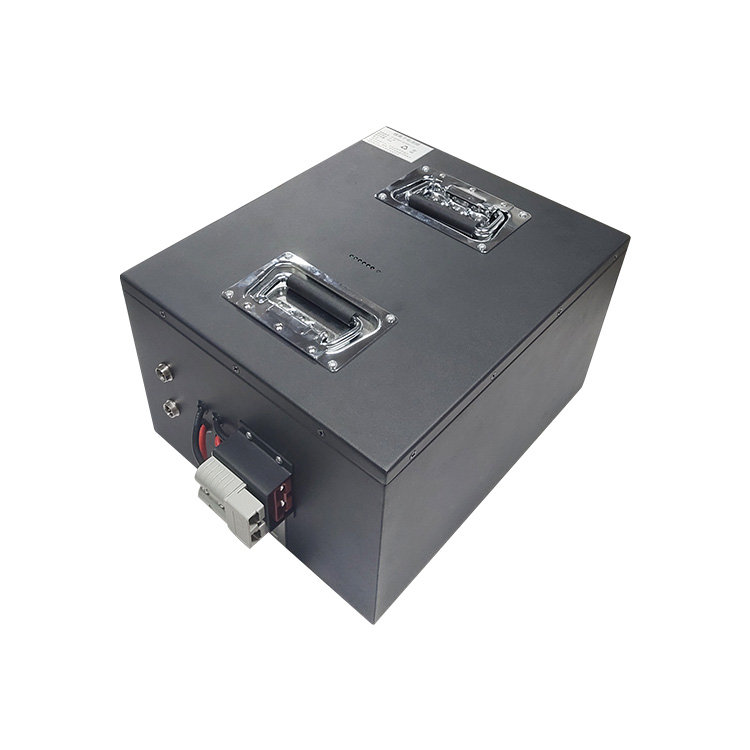


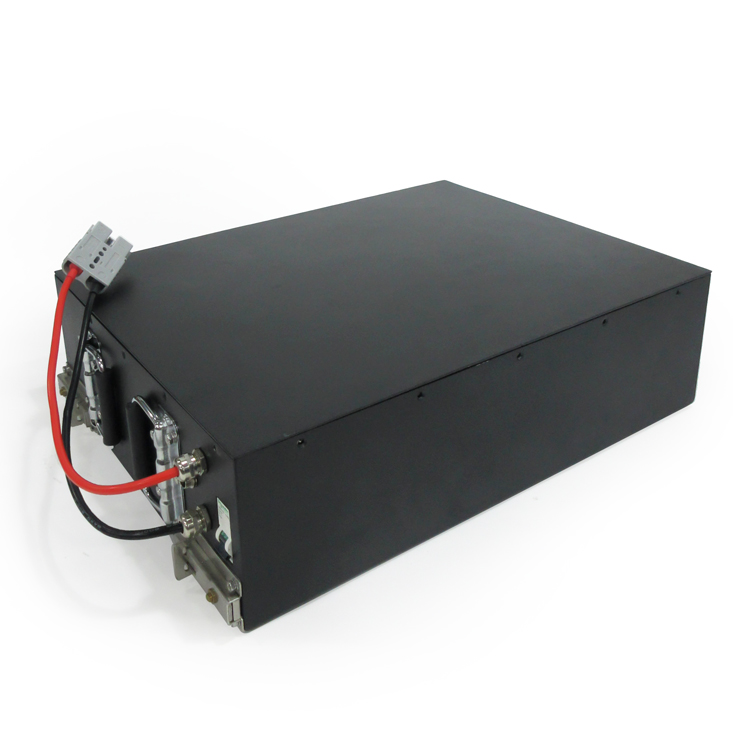

 Yue Gong Wang An Bei No. 4419002007491
Yue Gong Wang An Bei No. 4419002007491